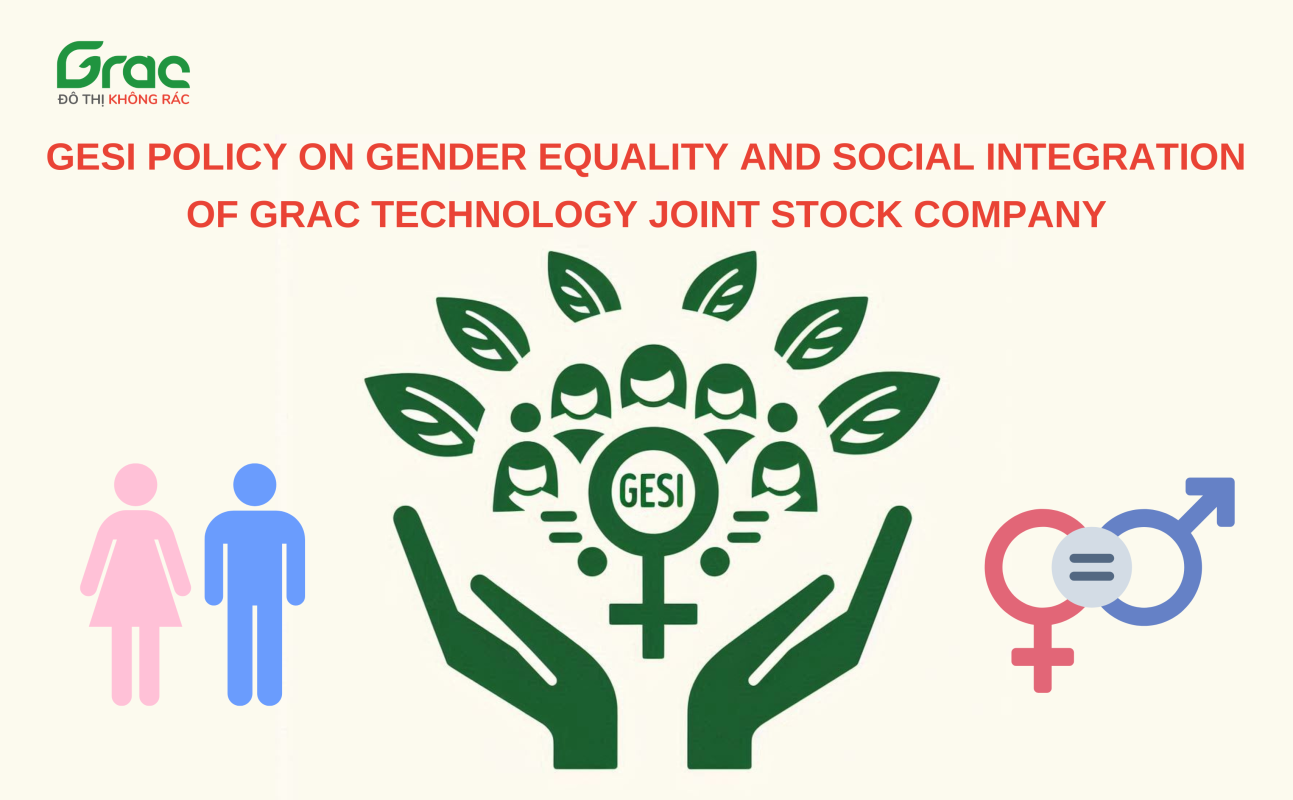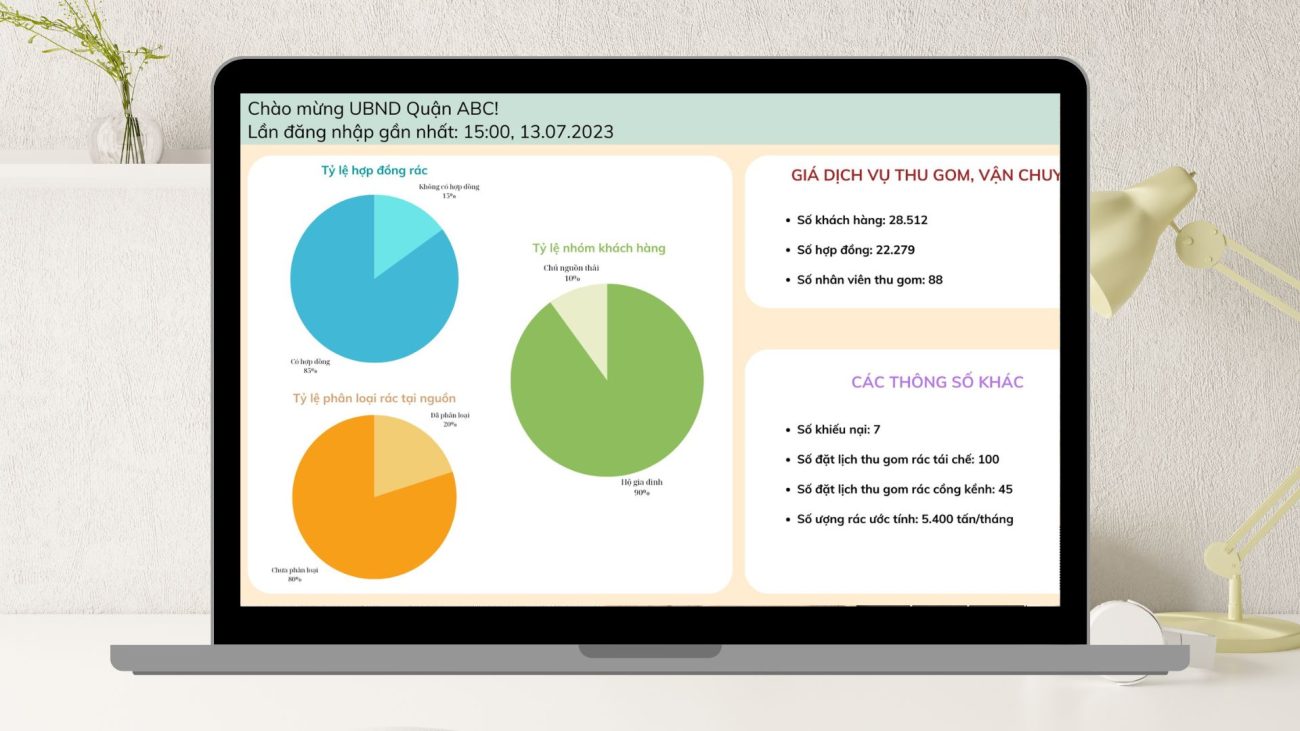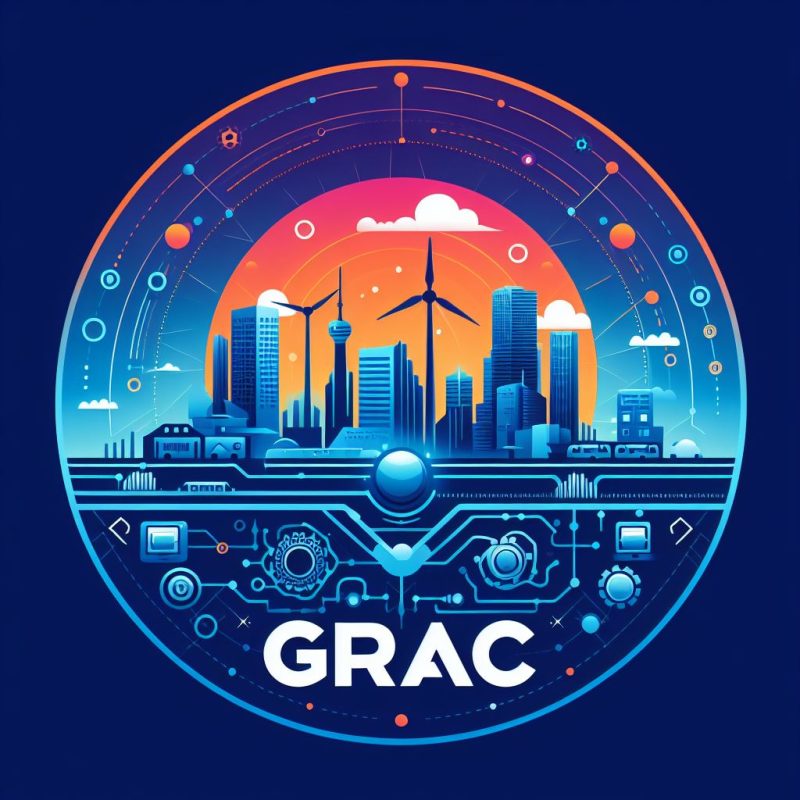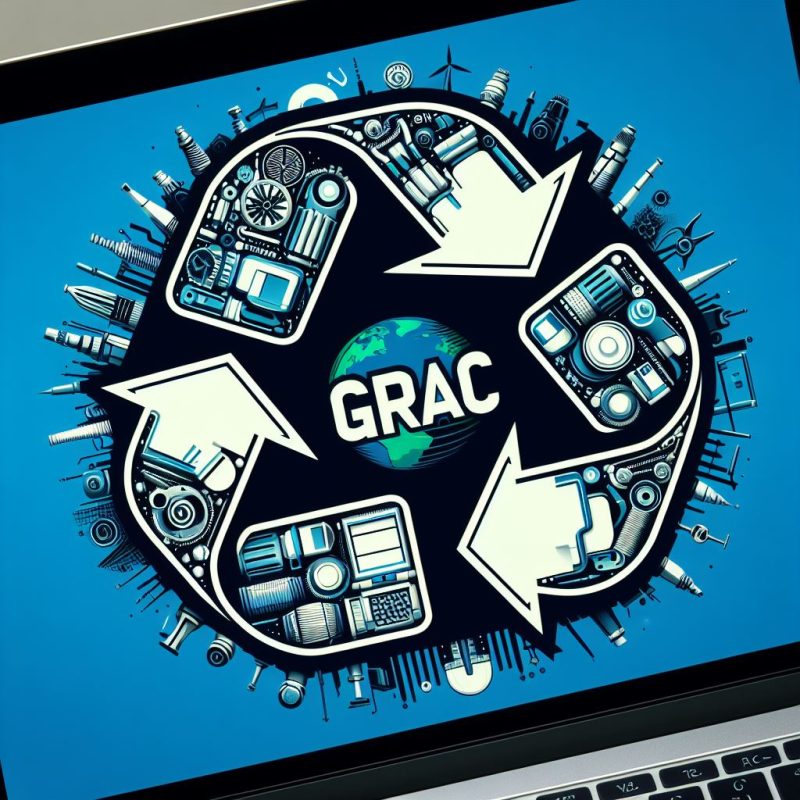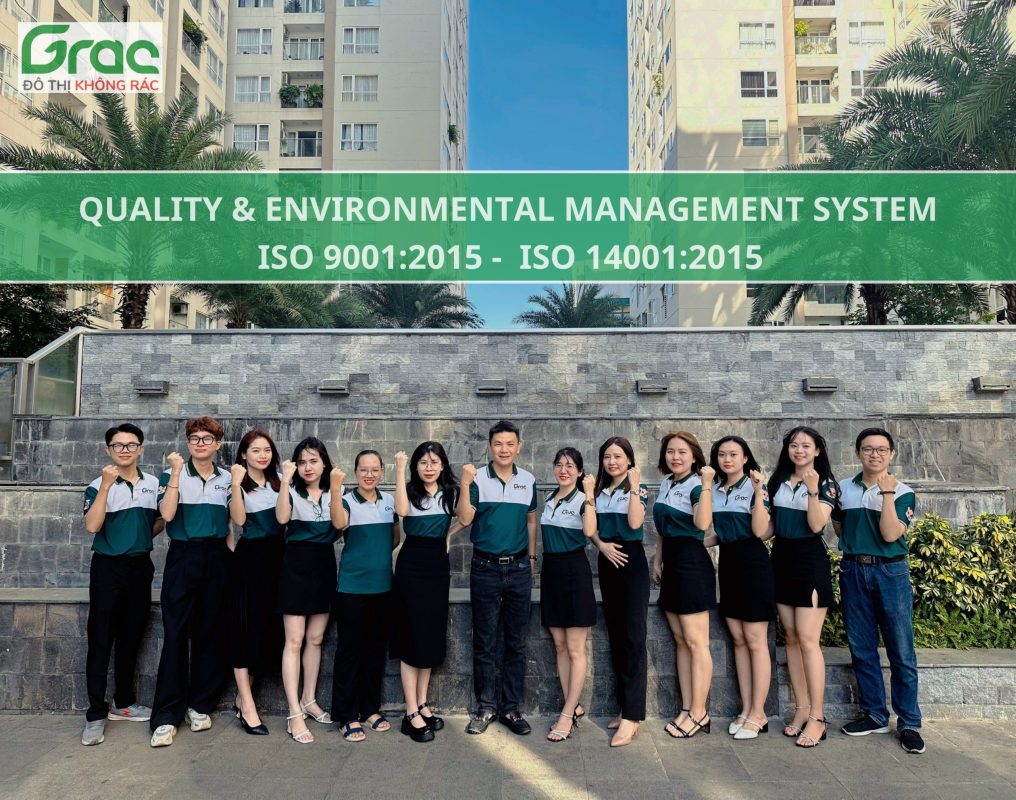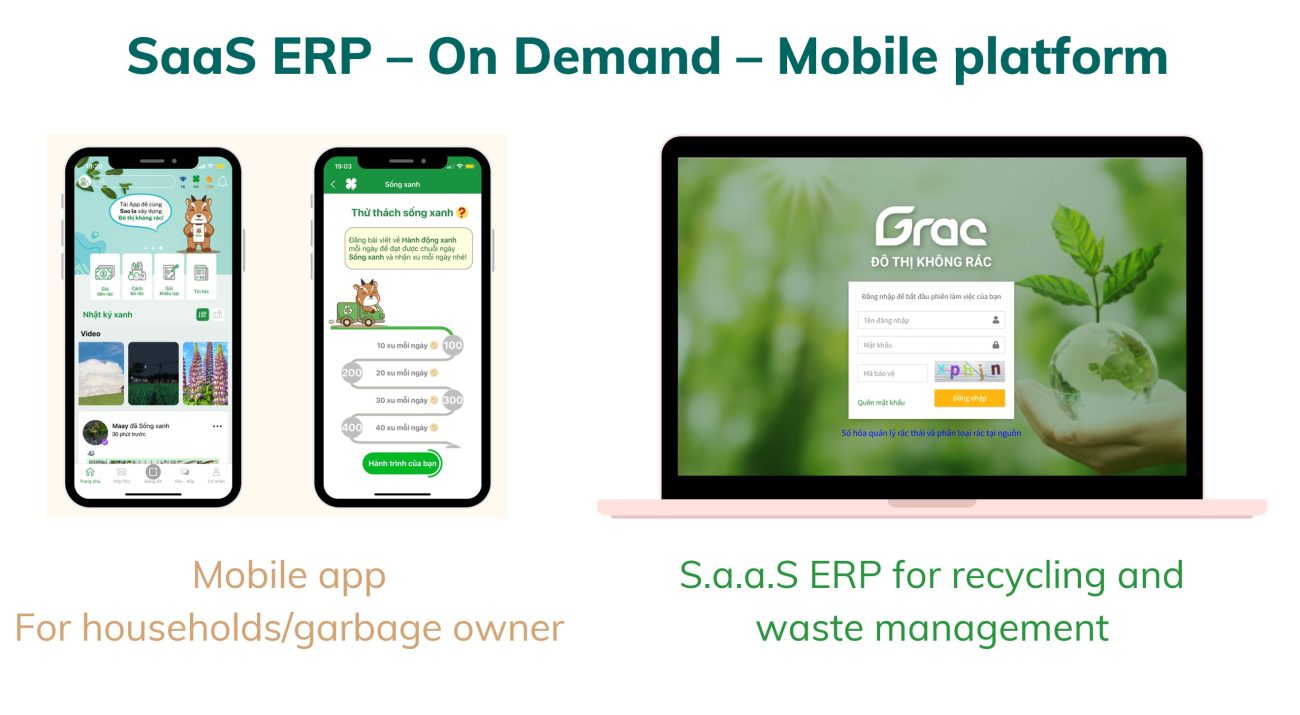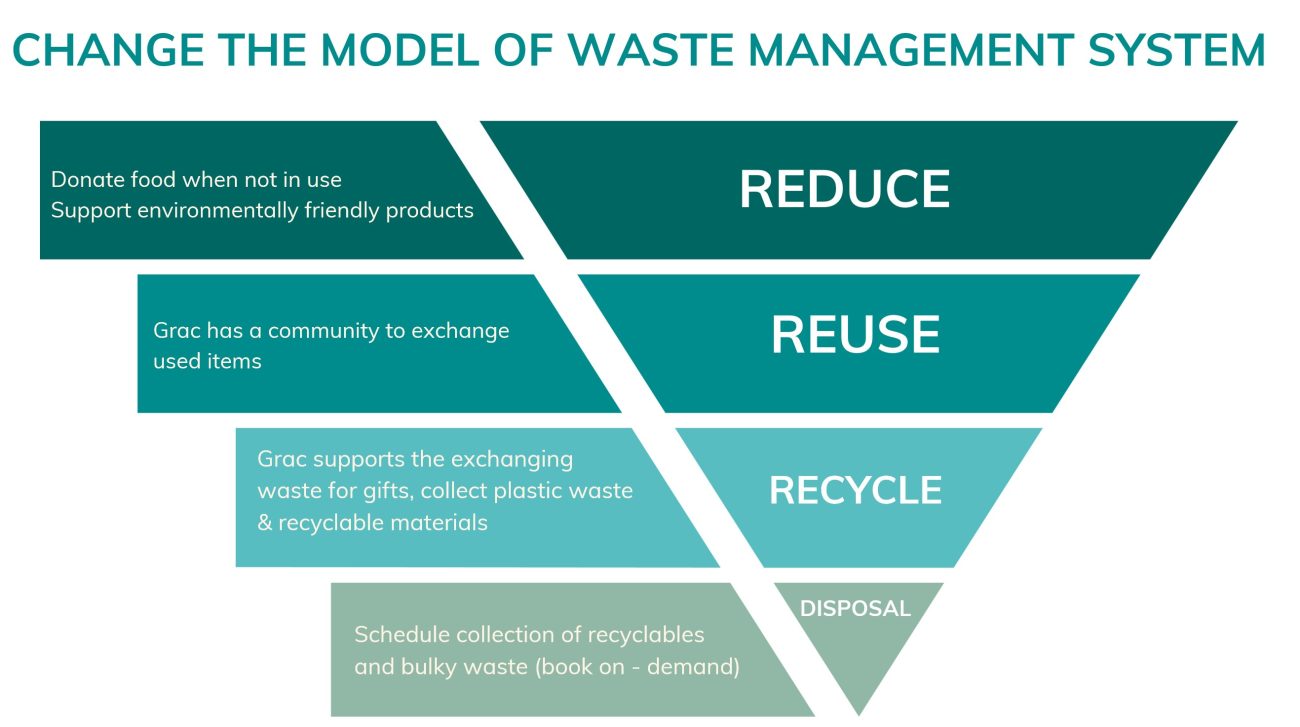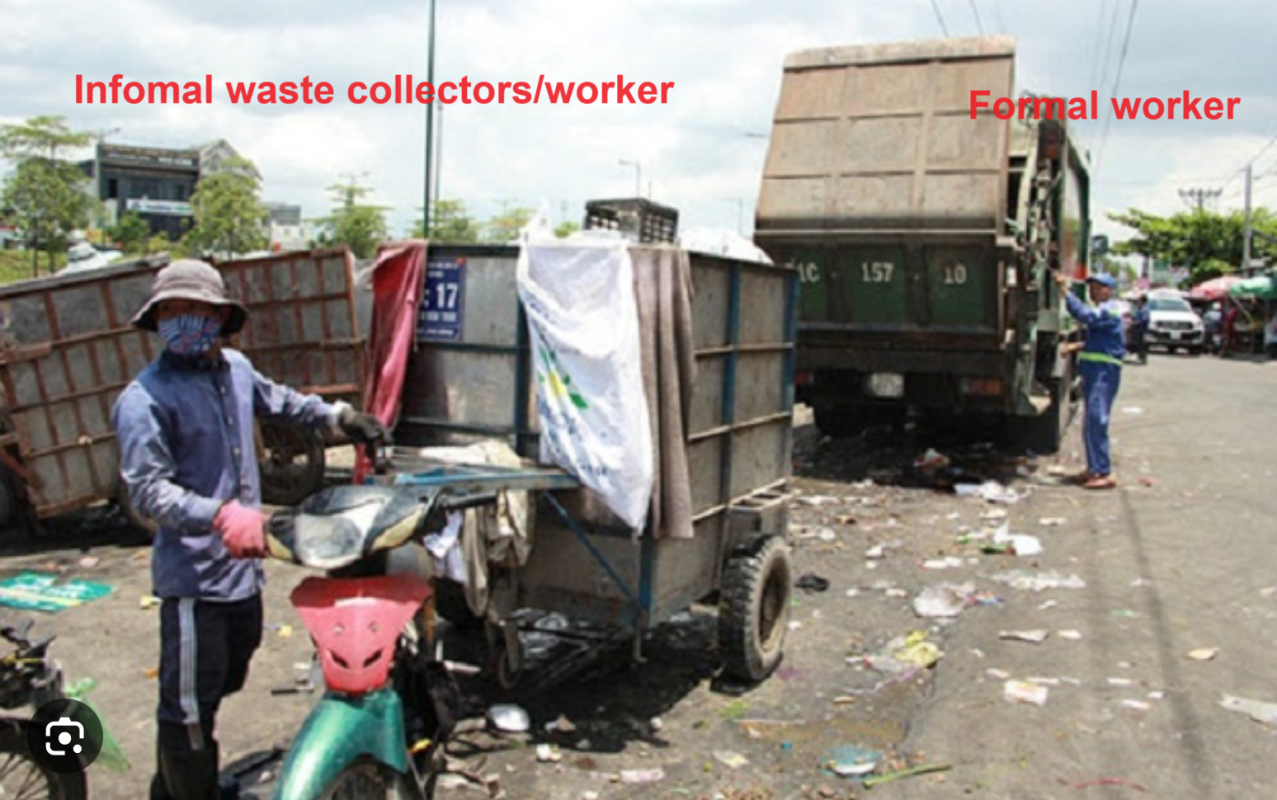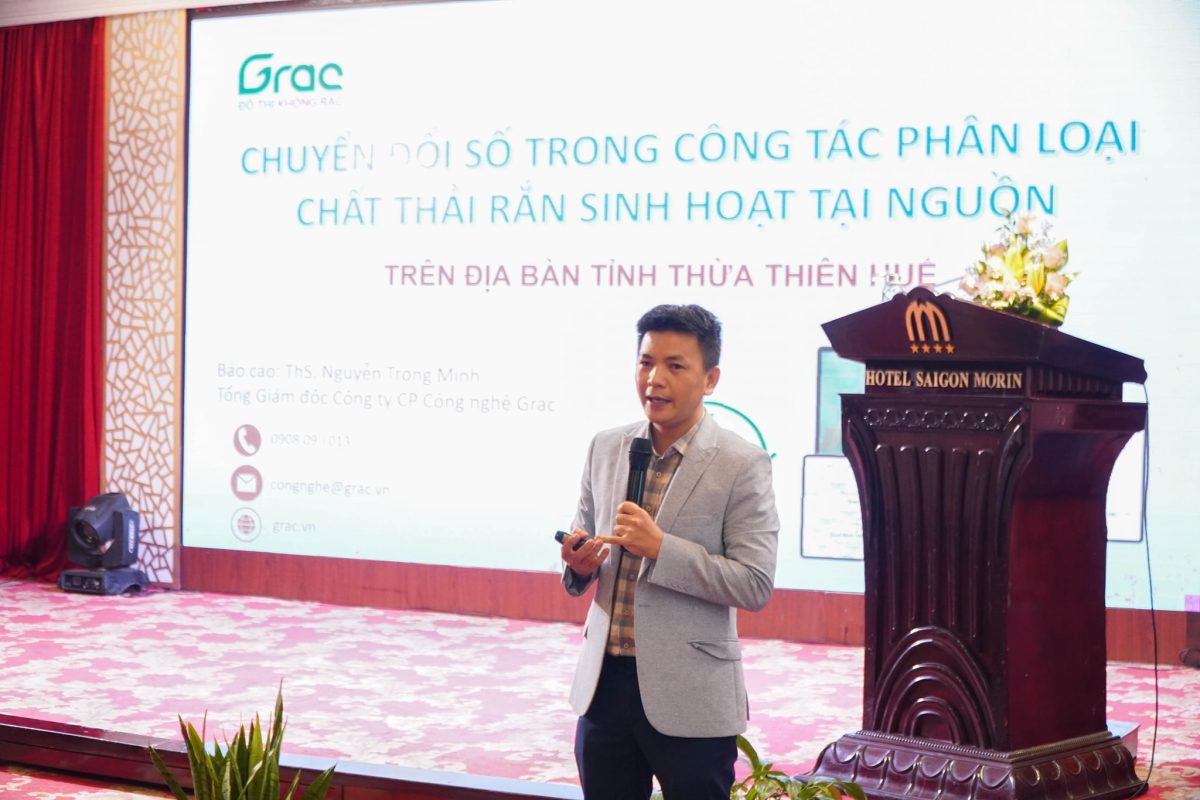Grac and circular economy platform in Vietnam
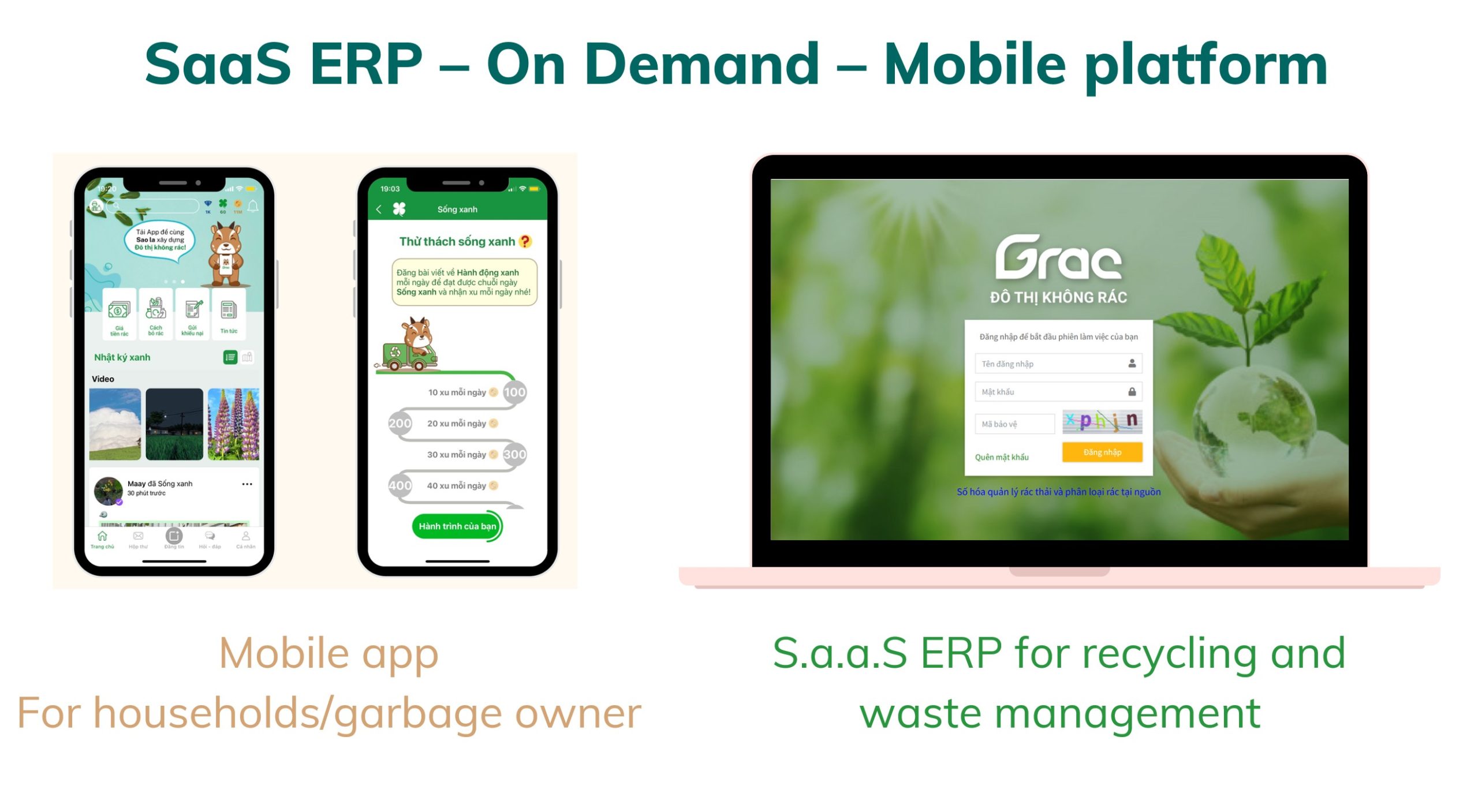
Grac and circular economy platform in Vietnam
The circular economy is a system where materials never become waste and nature is regenerated. In a circular economy, products and materials are kept in circulation through processes like maintenance, reuse, refurbishment, remanufacture, recycling, and composting.
The circular economy is an alternative to traditional linear economies, where we take resources, make things, consume them and throw them away¹. This way of living uses up finite raw materials and produces vast quantities of waste.
In a circular economy, things are made and consumed in a way that minimizes our use of the world’s resources, cuts waste and reduces carbon emissions. Products are kept in use for as long as possible, through repairing, recycling and redesign – so they can be used again and again. At the end of a product’s life, the materials used to make it are kept in the economy and reused wherever possible.
The circular economy could unlock $4.5 trillion of value by 2030. It tackles climate change and other global challenges, like biodiversity loss, waste, and pollution, by decoupling economic activity from the consumption of finite resources.
Grac is a technology company based in Vietnam that provides software solutions and applications to help households and organizations protect the environment. Grac offers a SaaS ERP software solution for waste management, disposal, and recycling. Grac’s mission is to create a zero-waste city in Ho Chi Minh City and Vietnam, and Grac believes that the circular economy is the economy of the present and the future.
The company was founded in 2021 and has since served over a million happy customers, and has 20 team members. Grac committed to working with heart and responsibility. The software is in line with the trend of applying information technology in state management, moving towards building smart cities.
In terms of the circular economy, Grac’s software solutions contribute to this concept by promoting waste reduction, recycling, and the efficient use of resources. Grac’s software helps to manage waste effectively, reducing the amount of waste that ends up in landfills and promoting the recycling and reuse of materials. This aligns with the principles of the circular economy, which aims to minimize waste and make the most of resources. By providing tools that facilitate waste separation at the source, Grac is helping to ensure that materials can be effectively recycled and reused, further contributing to the circular economy.
Grac offers two main products:
- SaaS ERP Software Solution: This software solution is designed for waste management, disposal, and recycling. It helps households and organizations protect the environment by managing waste effectively.
- Mobile App Platform: This platform is designed for waste separation at source. It allows users to manage their waste more effectively and contributes to the goal of creating a zero-waste city.
How to Grac’s SaaS ERP work:
- Data Collection: The software collects data about waste generation, collection, transportation, processing, disposal, and recycling. This data can come from various sources, such as sensors on waste bins, GPS tracking on waste collection vehicles, manual data entry, and more.
- Data Analysis: The software analyzes the collected data to provide insights. For example, it can identify patterns in waste generation, find inefficiencies in waste collection routes, or calculate the amount of waste that is being recycled.
- Reporting and Visualization: The software presents the analyzed data in an easy-to-understand format. This could include charts, graphs, maps, and reports. These visualizations help users understand the current state of waste management and identify areas for improvement.
- Automation and Optimization: The software can automate certain tasks, such as scheduling waste collection or generating reports. It can also provide recommendations for optimizing waste management processes, such as suggesting more efficient collection routes or methods for reducing waste generation.
- Compliance Management: The software helps ensure compliance with waste management regulations. It can track whether waste is being disposed of properly, generate necessary documentation for regulatory bodies, and alert users to potential compliance issues.
Grac company’s collaboration with local government in Vietnam for municipal waste management
Grac’s software could be used to collect data about waste generation, analyze this data to provide insights, automate certain tasks such as scheduling waste collection, and ensure compliance with waste management regulations. Grac’s mobile app platform for waste separation at source could be used to manage waste more effectively, reducing the amount of waste that ends up in landfills and promoting the recycling and reuse of materials.
Grac supports plastic waste classification and collection and works with the government. It connects licensed waste collectors and companies, has the potential to engage the informal sector, and holds waste collection data from 150,000 households. This means that Grac’s software helps in the collection, classification, and management of plastic waste, contributing to the reduction of plastic pollution.
By providing tools that facilitate waste separation at the source, Grac is helping to ensure that materials can be effectively recycled and reused, further contributing to the circular economy. This aligns with the principles of the circular economy, which aims to minimize waste and make the most of resources.

